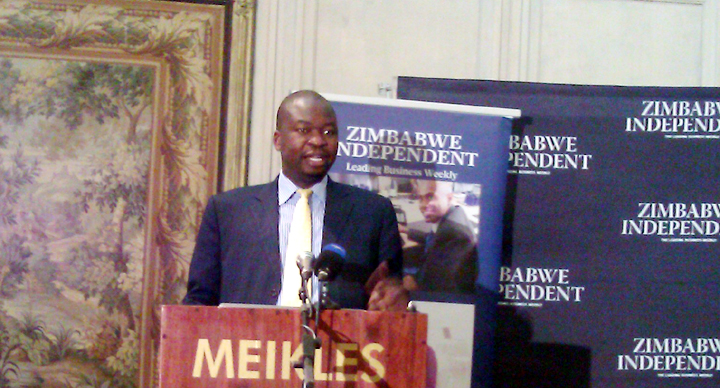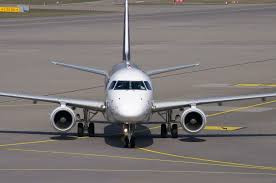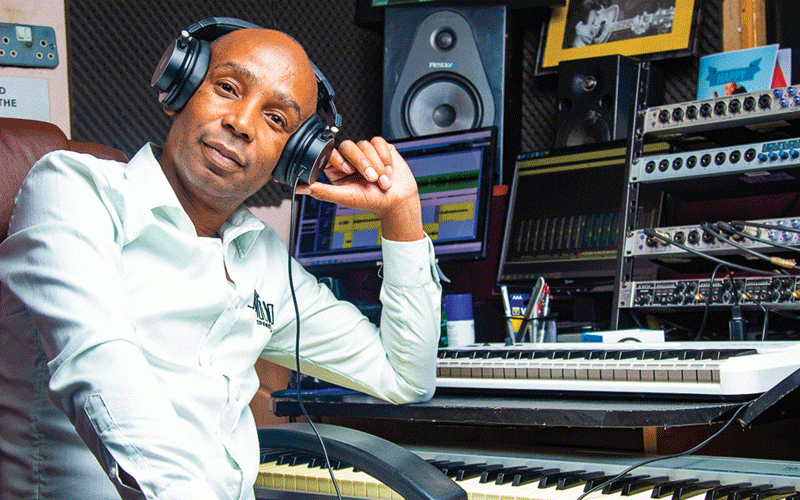
By Staff Reporter
Government says it will soon review electricity tariffs to reflect costs because current charges are no longer sustainable.
Zimbabwe is currently facing its worst power shortages in years after low water levels at Kariba Dam forced the power utility to cut generation levels.
Kariba, the country’s largest power station, is producing 358 megawatts (MW) per day from an average of 542MW, while the thermal station, Hwange, is generating some 500MW, way below its installed capacity of 900MW, because of antiquated and faulty generators, leaving a deficit of about 1 800MW.
The country has instituted an intensive load-shedding exercise, which has seen households and industry go for up to 16 hours a day without power.
Finance and Economic Development permanent secretary George Guvamatanga told a business meeting yesterday that the power crisis was on top of government’s agenda.
“In US dollar terms, we are now charging 4 cents per Kw/h. You cannot expect electricity to be available. That was the same with fuel when it was wrongly priced and wrongly used. Price is also a bigger determinant of demand,” he said.
“So we are very much aware of those distortions in power tariffs. You cannot be sustainable, neither can government afford to fund that gap. So there has to be a review very, very soon”.
- Chamisa under fire over US$120K donation
- Mavhunga puts DeMbare into Chibuku quarterfinals
- Pension funds bet on Cabora Bassa oilfields
- Councils defy govt fire tender directive
Keep Reading
Previously, Finance minister Mthuli Ncube said government was reluctant to hike power tariffs, stressing that a tariff increase was highly untenable in the current environment and would only add to inflationary pressures.
But Guvamatanga’s comments indicate that government’s stance has changed as a result of the dire power crisis.
The power utility has been calling for a review of electricity tariffs by as much as 30% to reflect the rise in production costs following the devaluation of the local currency in February.
Neighbours Mozambique and South Africa have also cut electricity exports to Zimbabwe over non-payment of debts estimated in the region of US$80 million.
Just this week, Harare managed to pay US$10 million to South Africa’s Eskom towards settlement of that debt.











